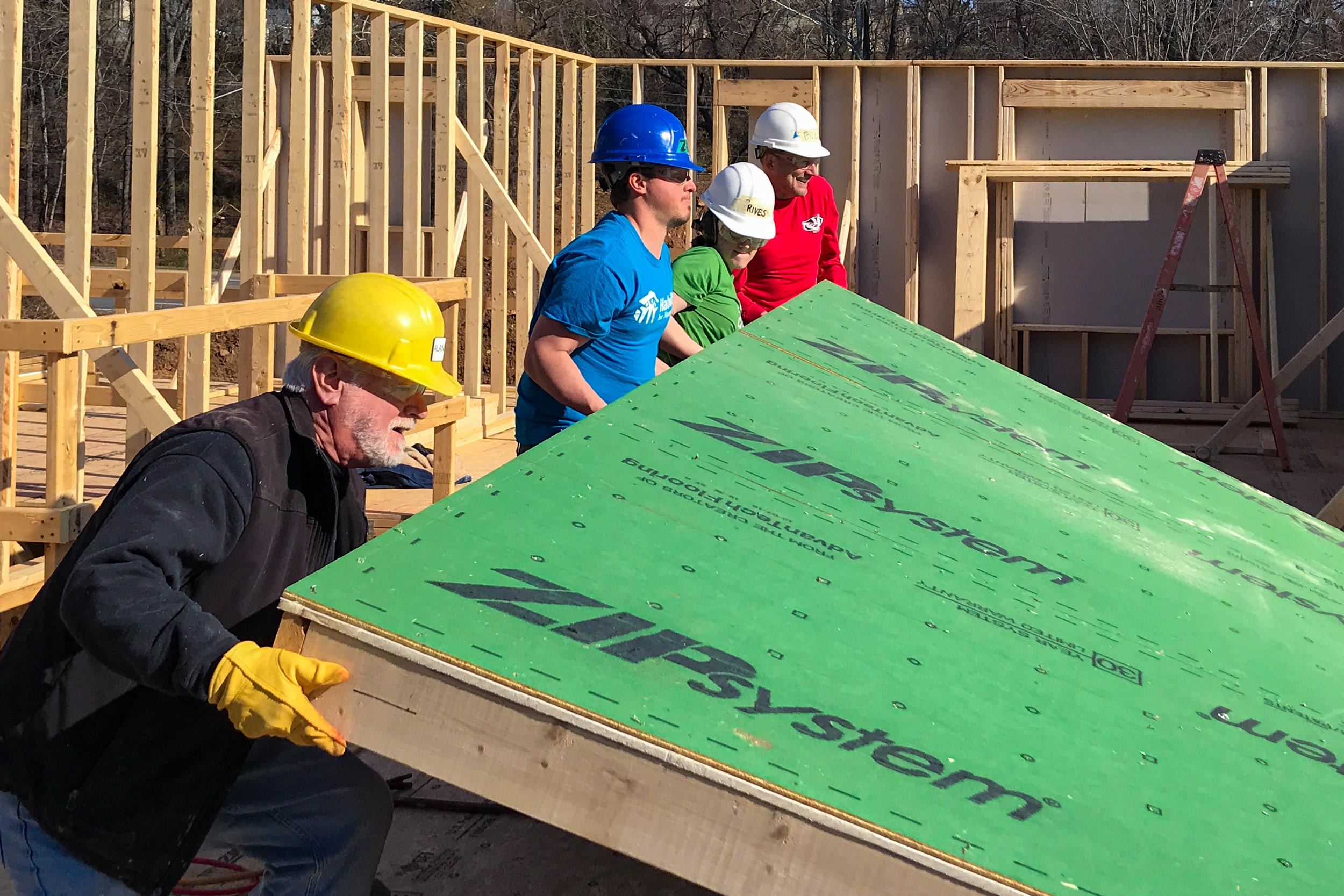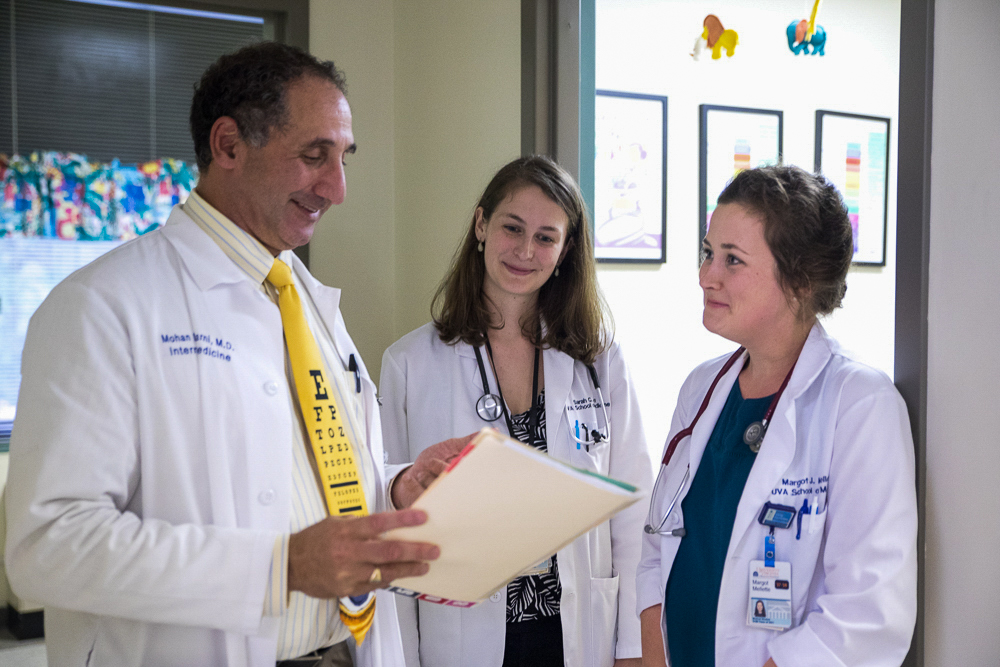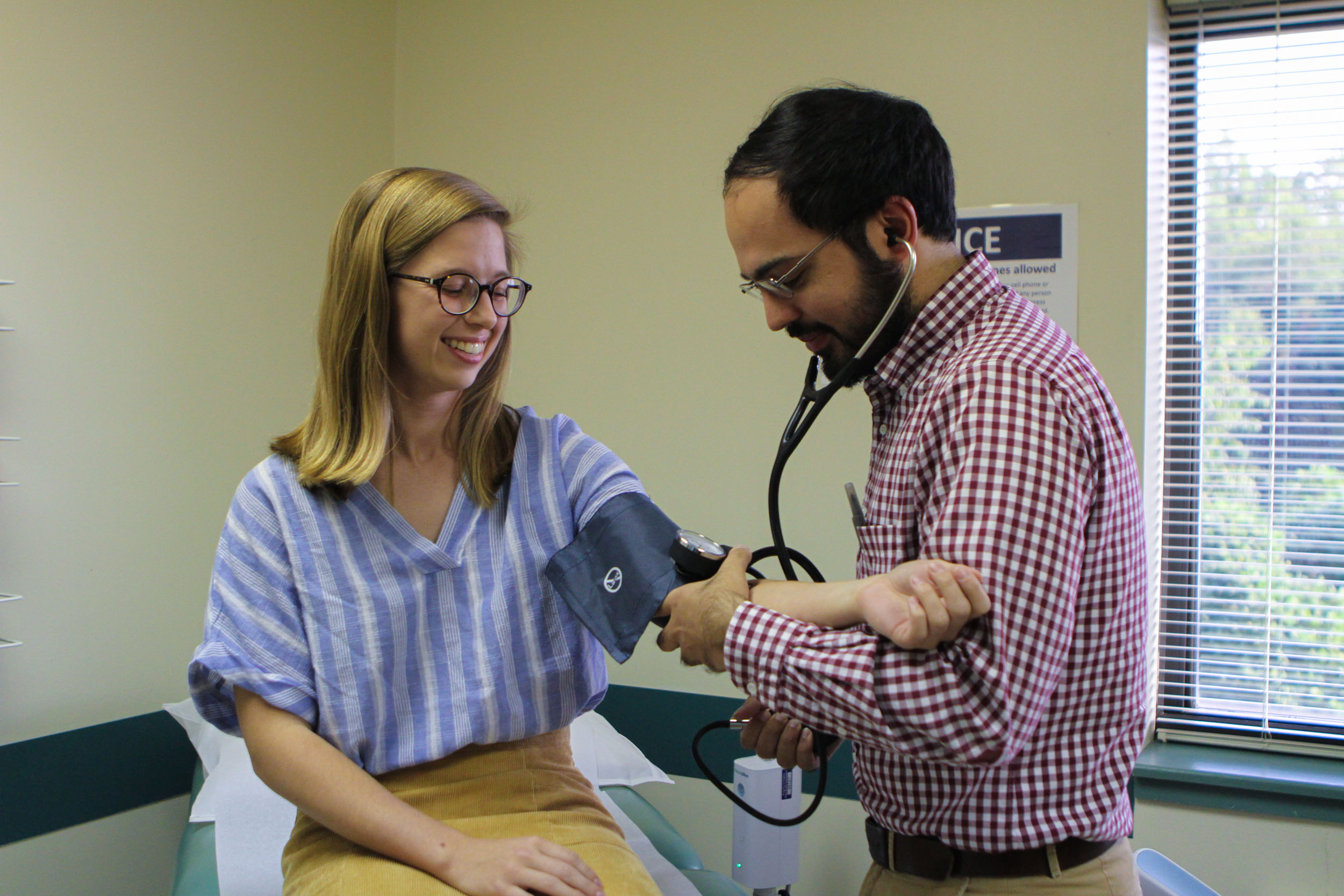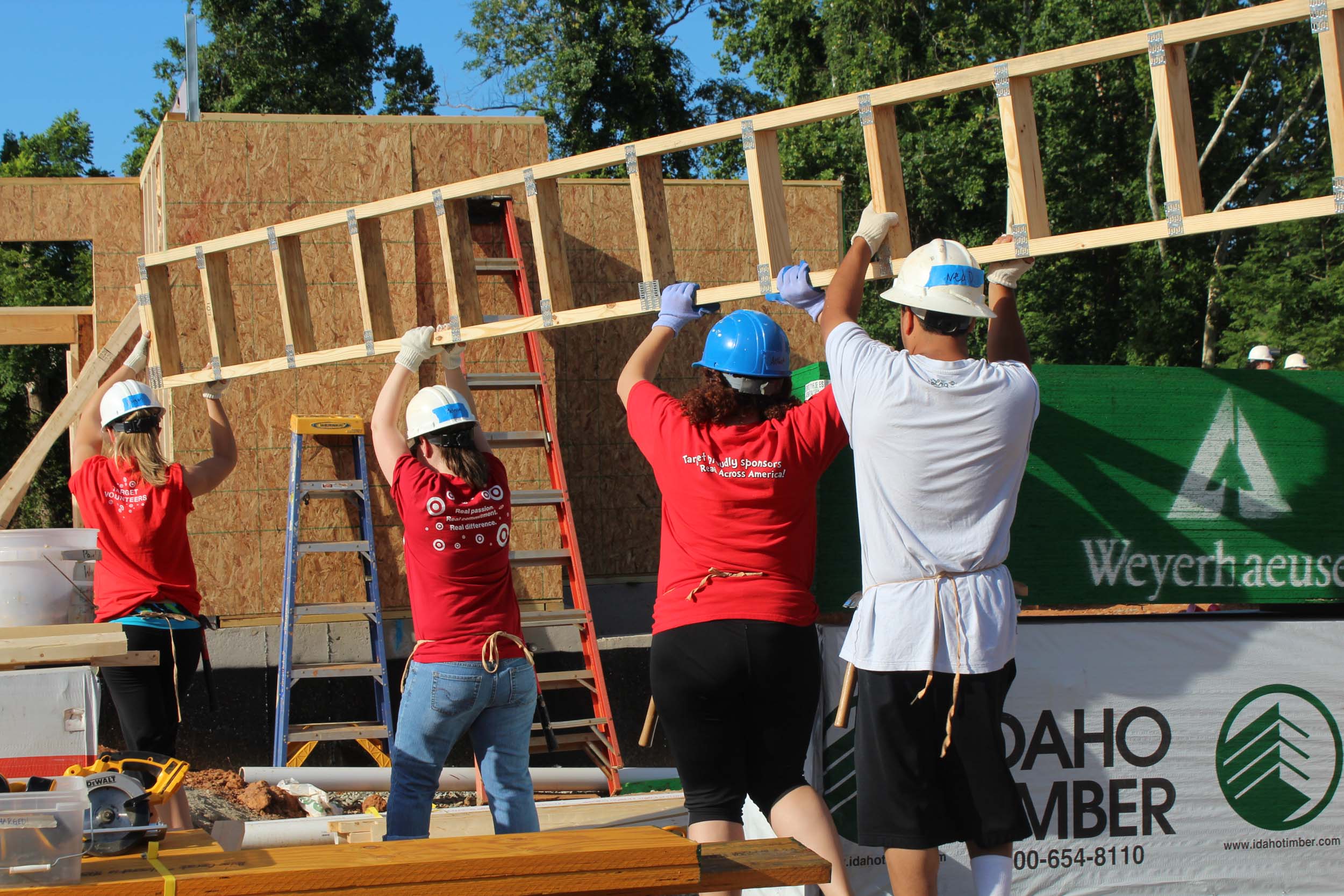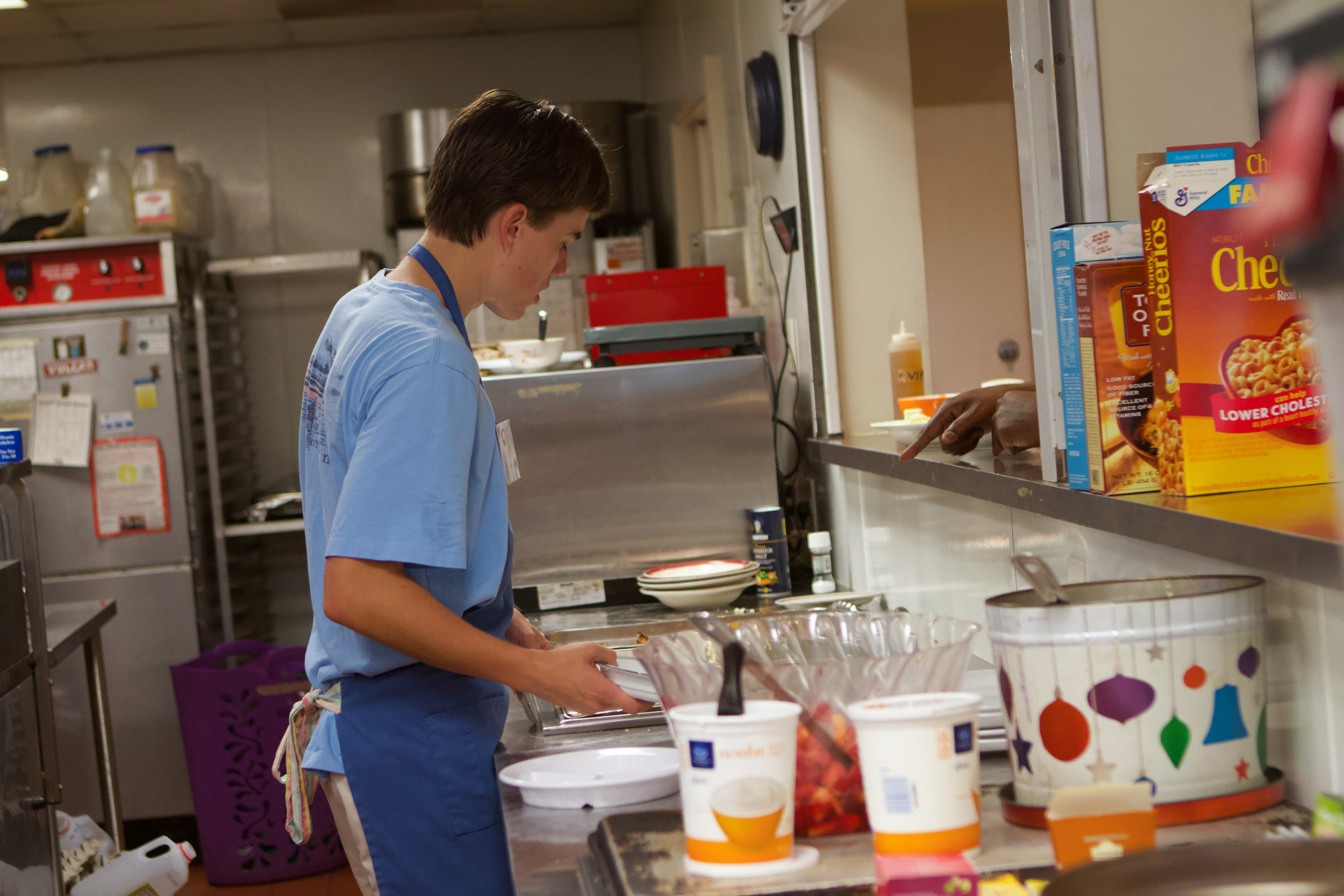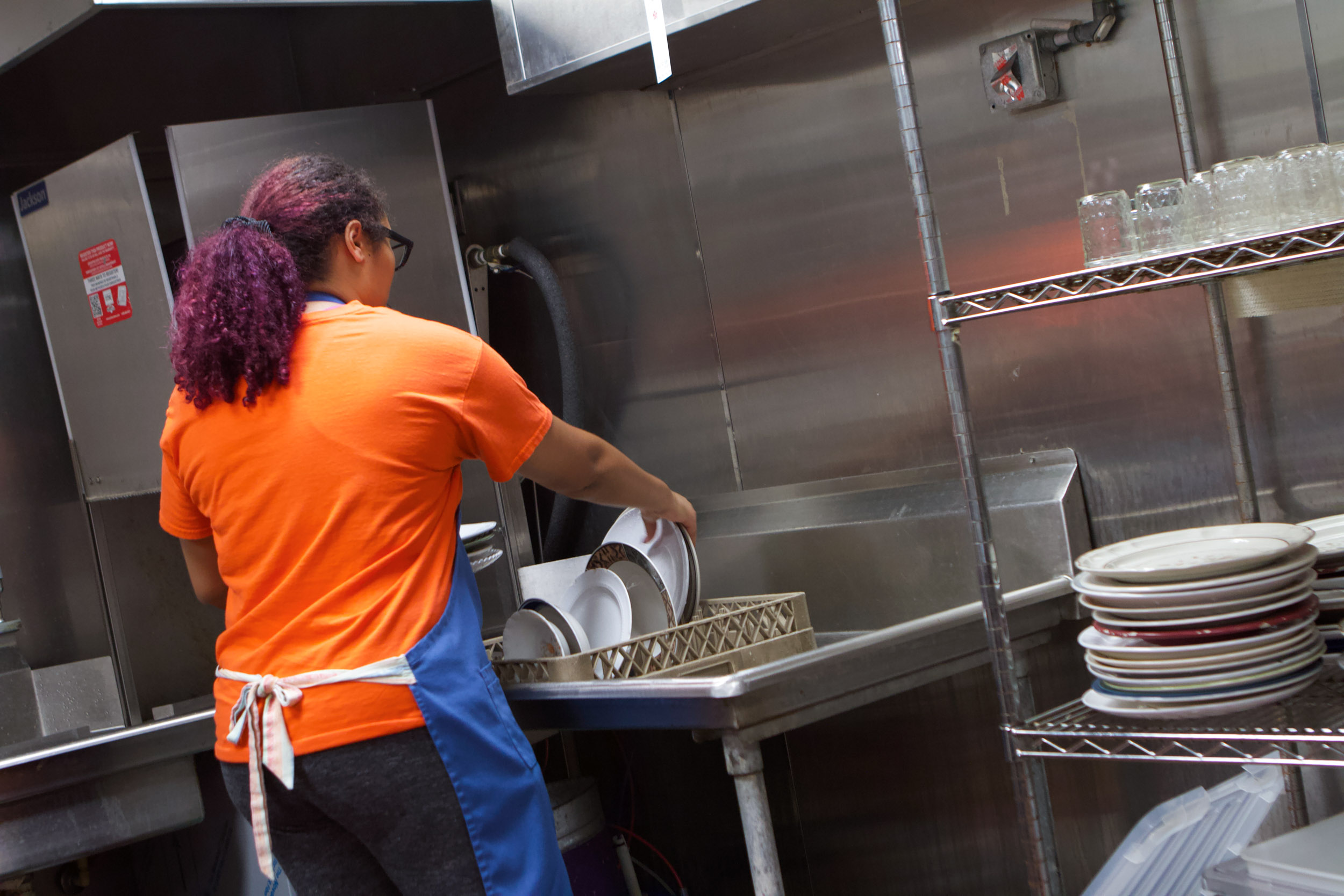Charlottesville Free Clinic
Colleen Keller, Executive Director, Charlottesville Free Clinic
Q. Could you tell us a bit about the Charlottesville Free Clinic?
A. The Charlottesville Free Clinic provides an open door to health care for around 2,600 low-income and underserved members of the Charlottesville community. We are devoted to delivering the highest quality of care in partnership with dedicated health care volunteers who provide around 14,000 hours of service annually. We are truly a community organization and believe that when all our neighbors are healthy, the entire community prospers.
The clinic provides more than 8,000 medical visits to uninsured individuals in our community who would otherwise have no access to care. Eighty-two percent of these patients seek out the Free Clinic because of chronic illness. We also provide more than $2 million worth of medications (mostly donated) at no cost to our patients.
The most rewarding moments are hearing patient stories and learning how the Free Clinic has helped someone or how it has changed their lives. For example, one patient we helped worked as a chef in several local restaurants and told us, “The Free Clinic helped in so many ways to lift me up. I was able to keep working hard, and now I have my own business and am an employer of others.”
The Charlottesville Free Clinic was able to help in a time of need and watch her prosper as a member of our community.
Q. How would you like to see the Charlottesville Free Clinic grow?
A. Our goal is to continue to open the door to health care. We served almost 400 new patients last year, but we want to help more. There are around 5,000 people in Charlottesville who qualify for our care but aren’t existing patients. We want to make sure everyone in our community has access to high-quality mental, medical and dental health care.
“We are truly a community organization and believe that when all our neighbors are healthy, the entire community prospers.”
- Colleen Keller
Charlottesville Free Clinic
Q. How do donations given through CVC help the Charlottesville Free Clinic’s work?
A. CVC donations help fund everything from medical, dental and mental health care to the fresh pharmacy and patient prescriptions. Your dollars are put to work for our community members in the following ways: $2 per paycheck can annually provide Metformin, a diabetes medication, for a patient for a year; $6 per paycheck annually pays for a dental appointment for a patient; $19 per paycheck annually pays for medical care for a patient for an entire year.
